Nestled between the winding courses of the Tâmega and Douro rivers, far from the radar of metropolitan Lisbon or Porto, operates one of Portugal’s quieter but no less vital amateur radio associations: the Associação de Radioamadores de Entre Tâmega e Douro (ARETD).
Founded in September 2010, ARETD is a non-profit initiative with a local heartbeat and national relevance. While its mission is to defend and represent radio amateurs across Portugal, its signal strength is strongest in the Baixo Tâmega region, an area often overlooked by policy and infrastructure, but not by passion.
Three Rivers, One Purpose
ARETD does not aim to compete with older, larger associations—it complements them. It recognizes that geography shapes participation, and that the needs of rural radio amateurs are often different from those in urban cores.
From its headquarters in Amarante (Cx 1702, 4600-720), the association serves as a liaison between volunteers and vulnerability. Whether preparing emergency communications or simply preserving the joy of long-distance DX contacts, it embraces the twin virtues of self-reliance and social cohesion.
Governance by Operators, Not Bureaucrats
True to its amateur roots, ARETD operates on modest means and maximal transparency. Its original board (2011–2014) was composed entirely of licensed operators—each more familiar with antennas than agendas:
-
President: Paulo Alexandre Moreira Teixeira (CT2IWW)
-
Treasurer: Manuel Costa Moreira (CT2HMR)
-
Board Member: Valter Miguel Pinto dos Santos (CT2HMO)
Other governing organs, including the General Assembly and Fiscal Council, echo the same structure: callsigns before titles, signals before signatures. This is peer governance in its most literal sense.
From Silence Comes Structure
ARETD’s digital home (https://aretd.webnode.pt) is modest but informative, reflecting an organization more concerned with modulation than marketing. Its communication style is refreshingly uncommercial—there are no sales pitches, no crowdfunding drives—just a sincere effort to stay operational, informed, and inclusive.
Its activities are largely local, but its mindset is global. The rivers may define its geography, but radio defines its reach. A whisper from Baixo Tâmega can, under the right propagation, echo across continents.
Why It Matters
Associations like ARETD are often undervalued in national planning. Yet they play a crucial role in regional preparedness and cultural continuity. In the event of natural disasters—floods, wildfires, infrastructure collapse—ARETD is one of the few organizations in the area capable of maintaining communications when commercial systems fail.
But even in peacetime, its role is no less important. It trains newcomers, mentors enthusiasts, and keeps alive the ethic of listening before speaking—a trait sorely lacking in today's digital cacophony.
Final Transmission
ARETD is a testament to what happens when a small group of people takes responsibility for their community, not through rhetoric but through radio waves. It proves that amateur radio is not nostalgic—it is necessary.
And in a region shaped by rivers, ARETD stands as a kind of hydroelectric node for civic energy—quiet, enduring, and tuned to the right frequency.

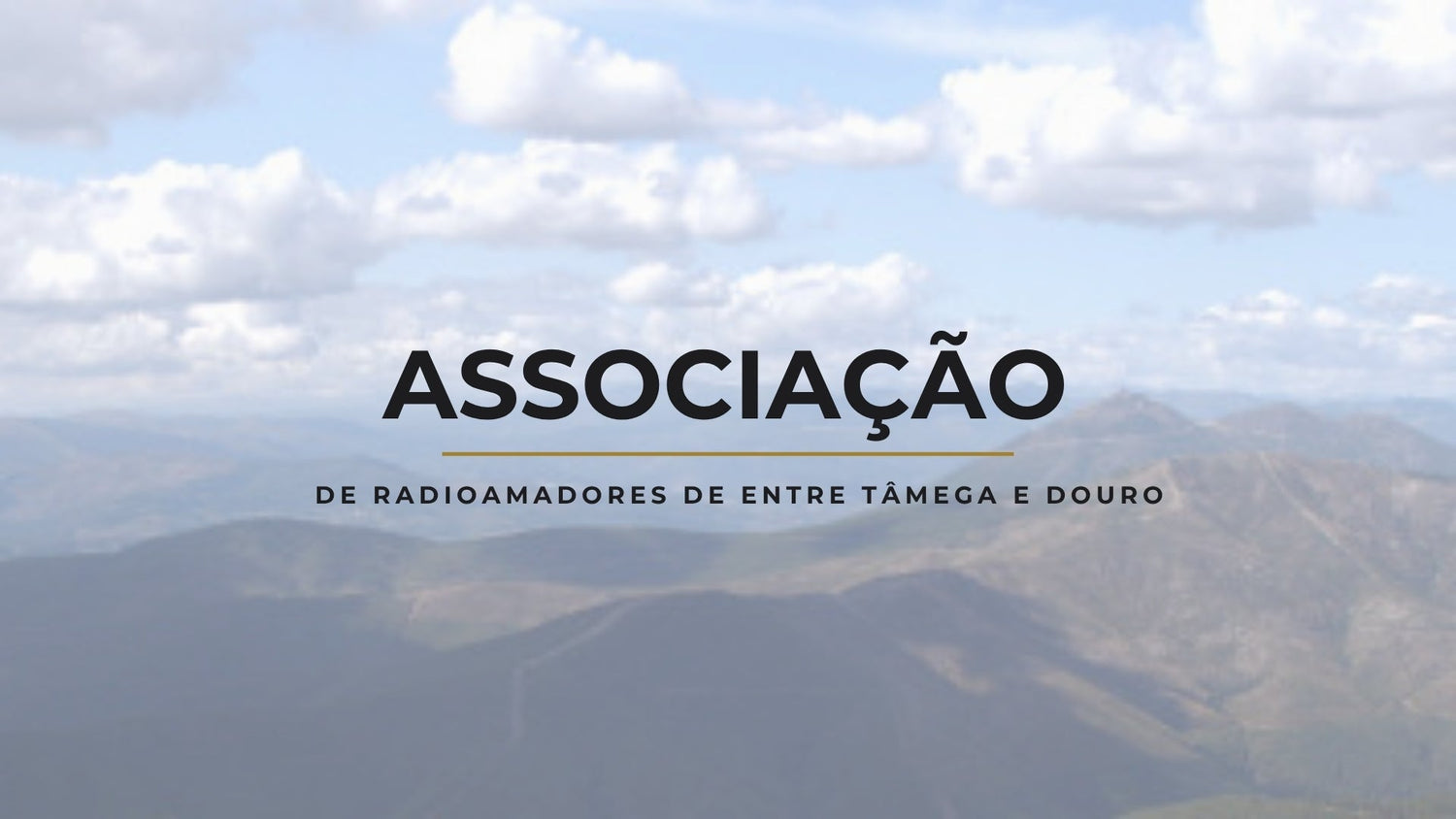
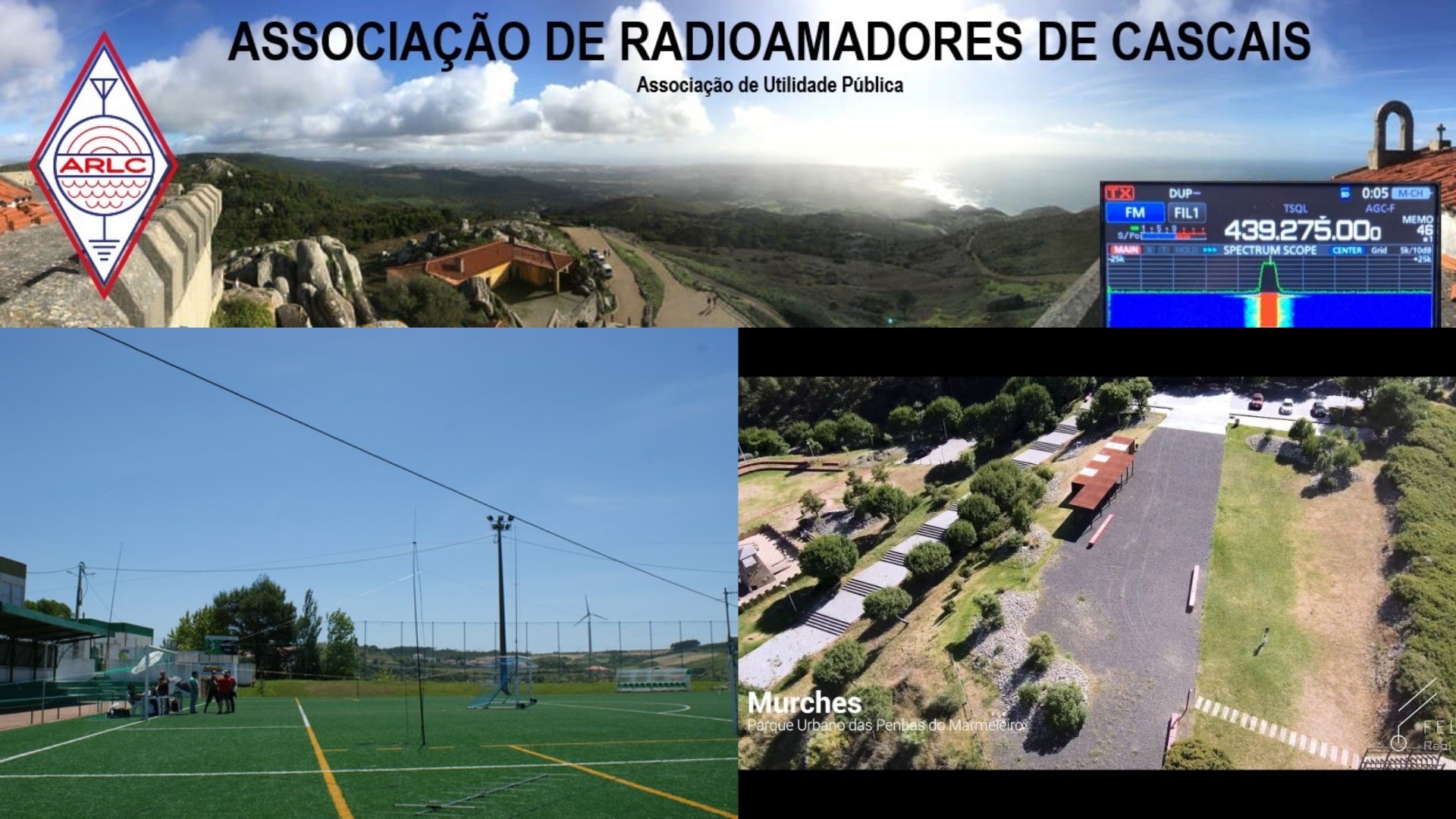
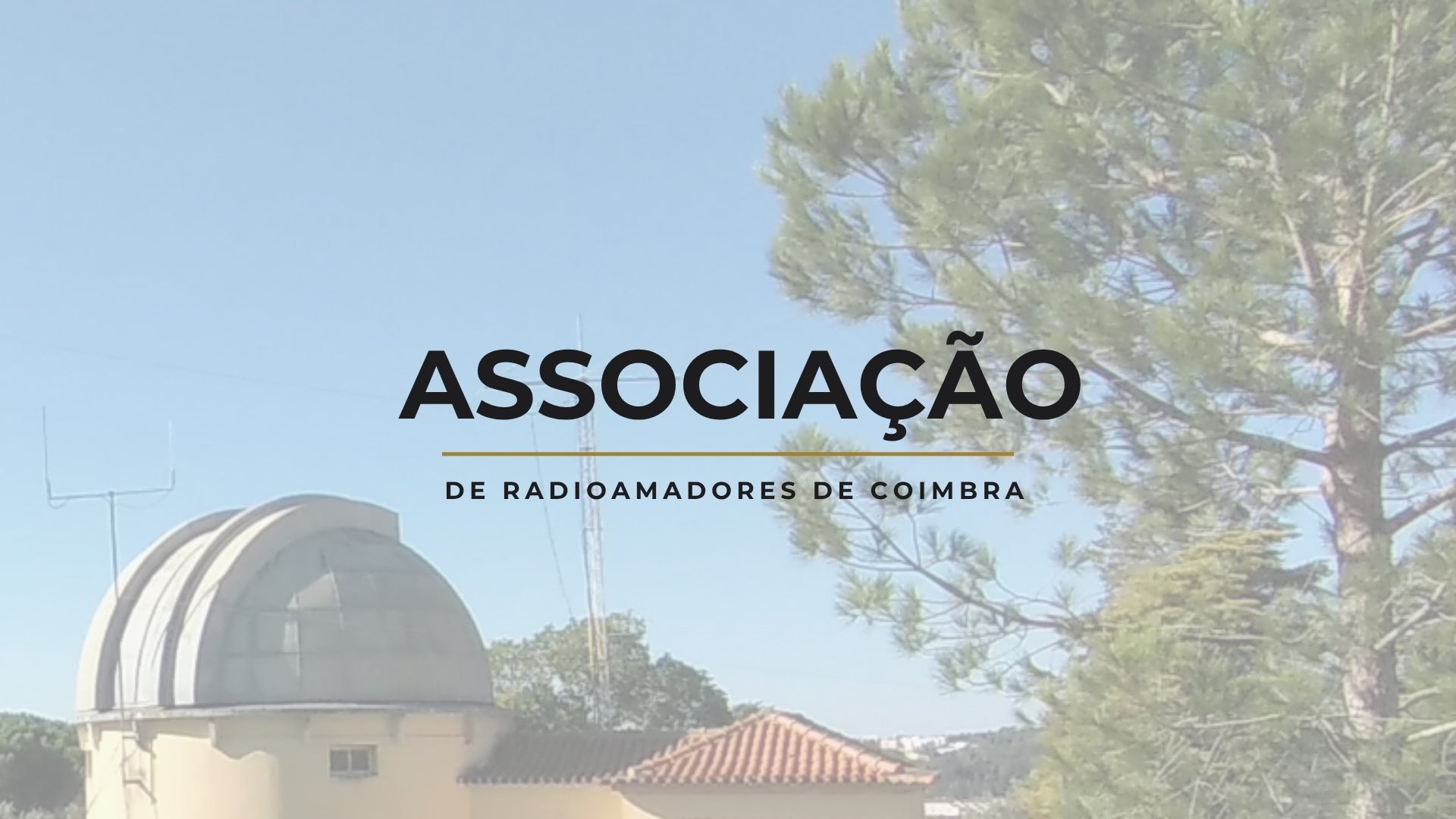
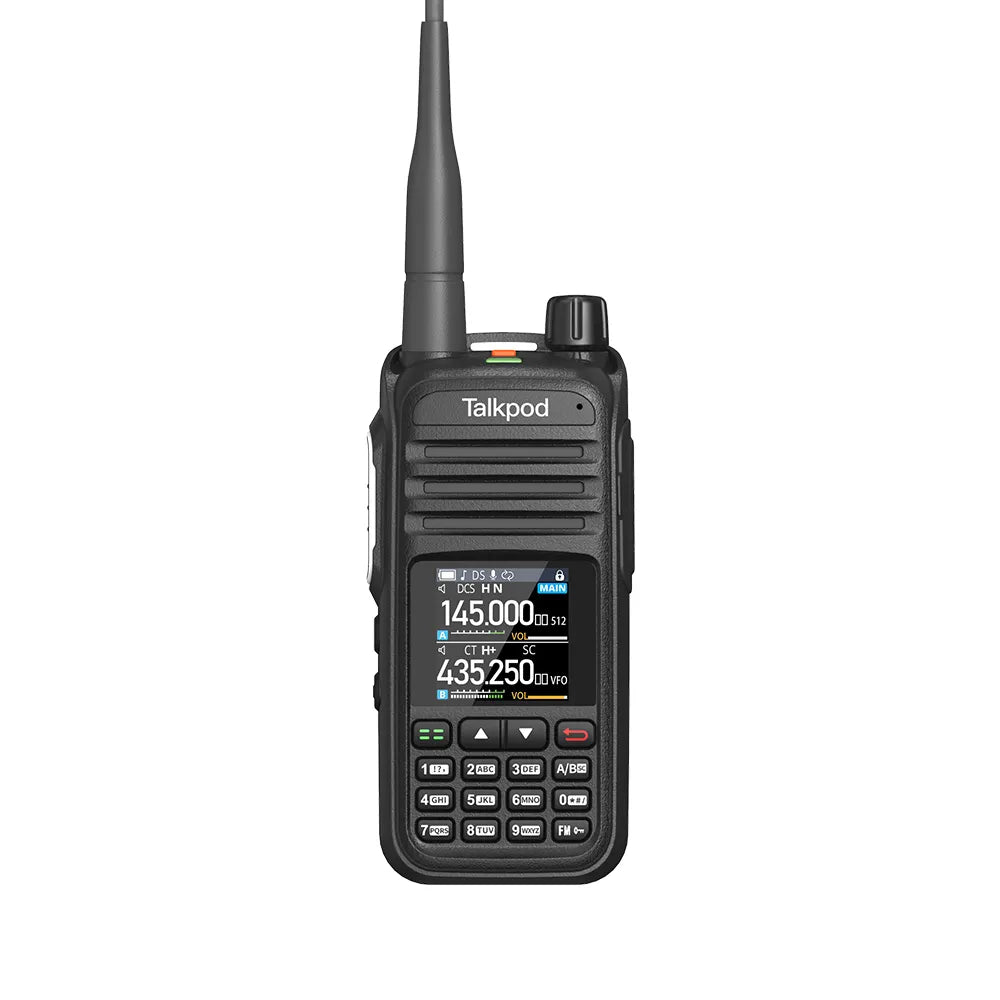
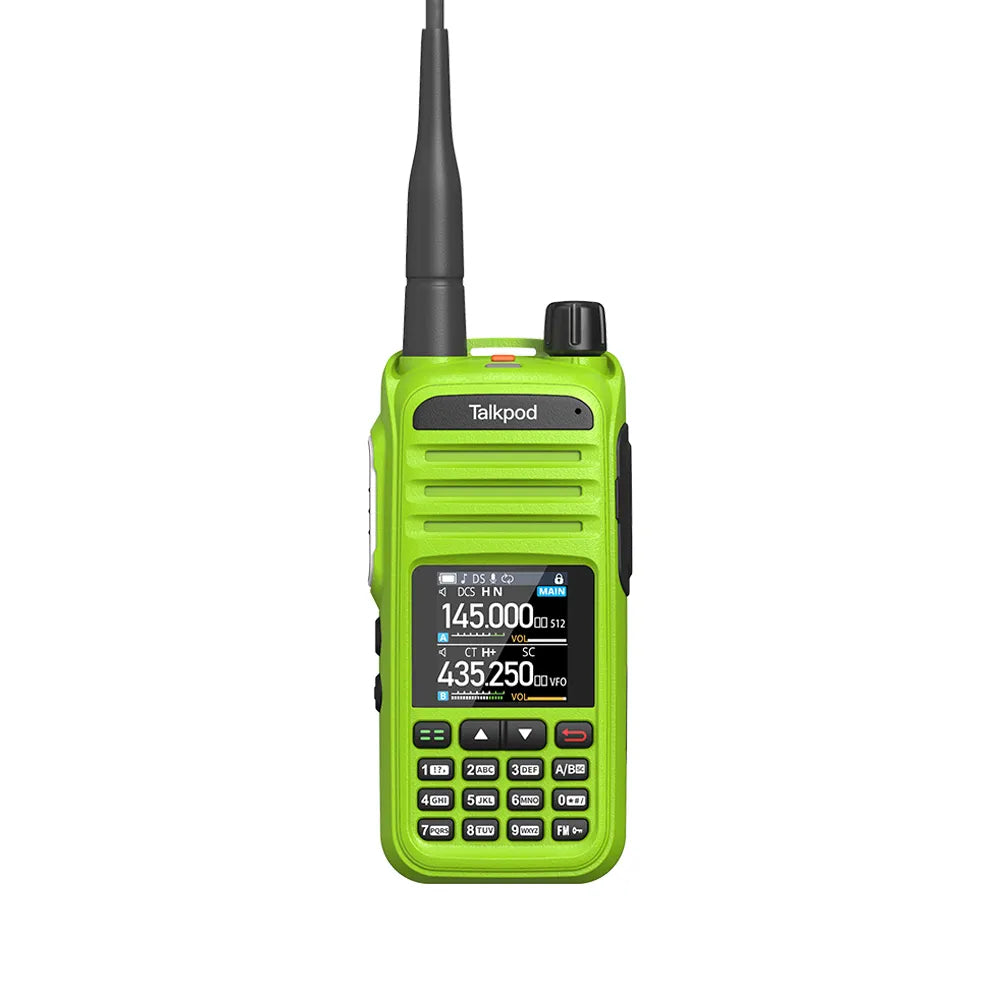


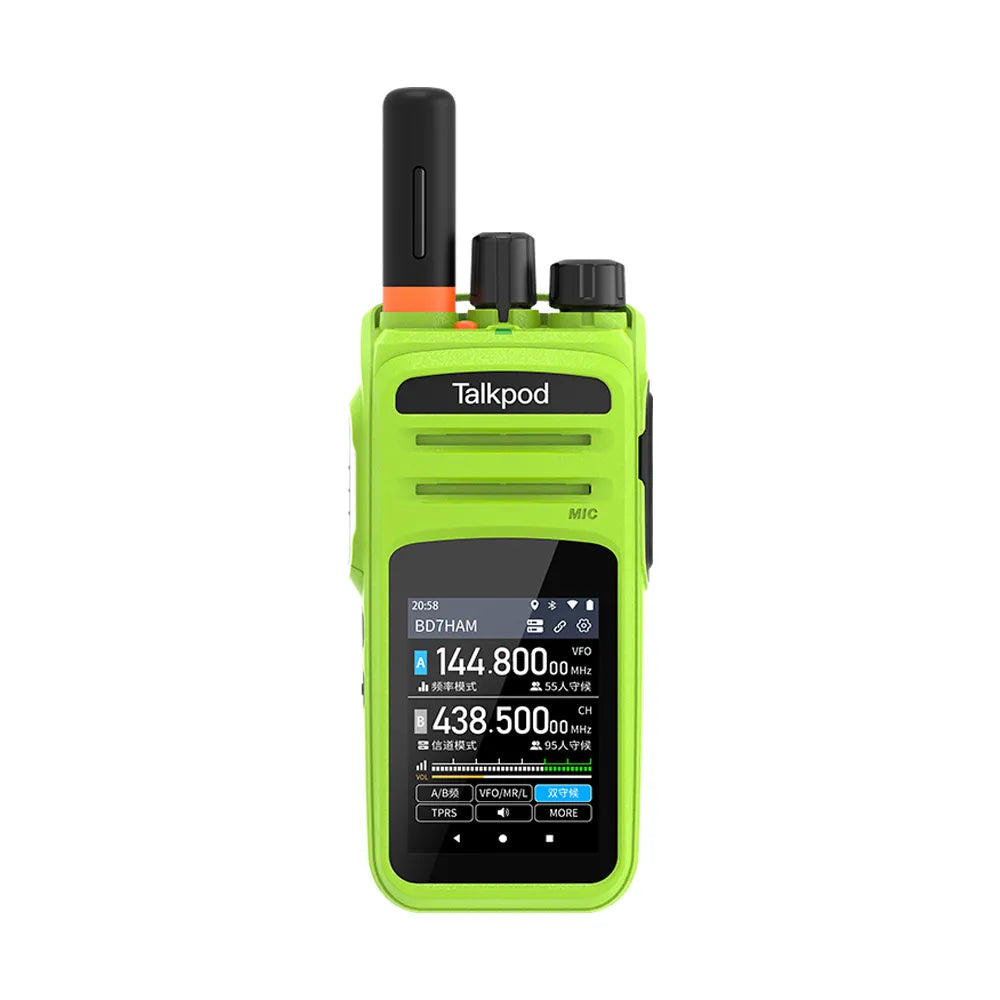
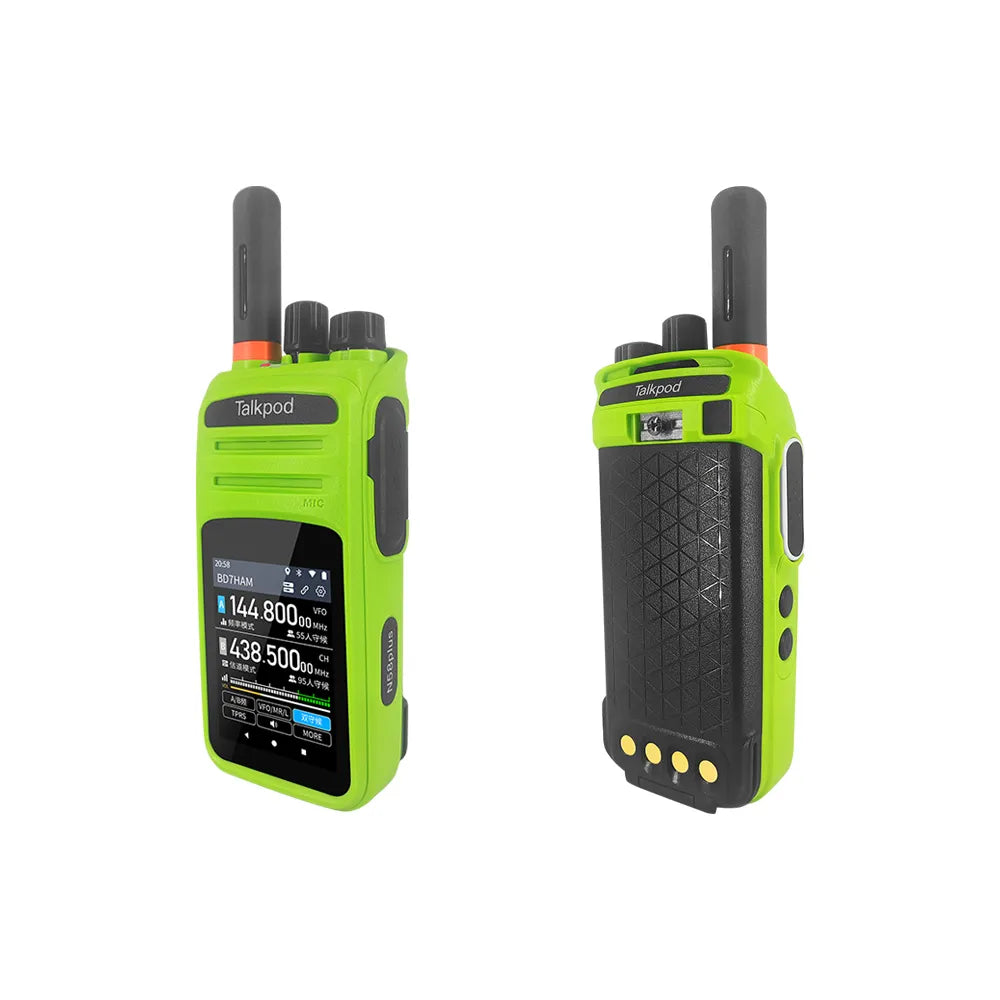
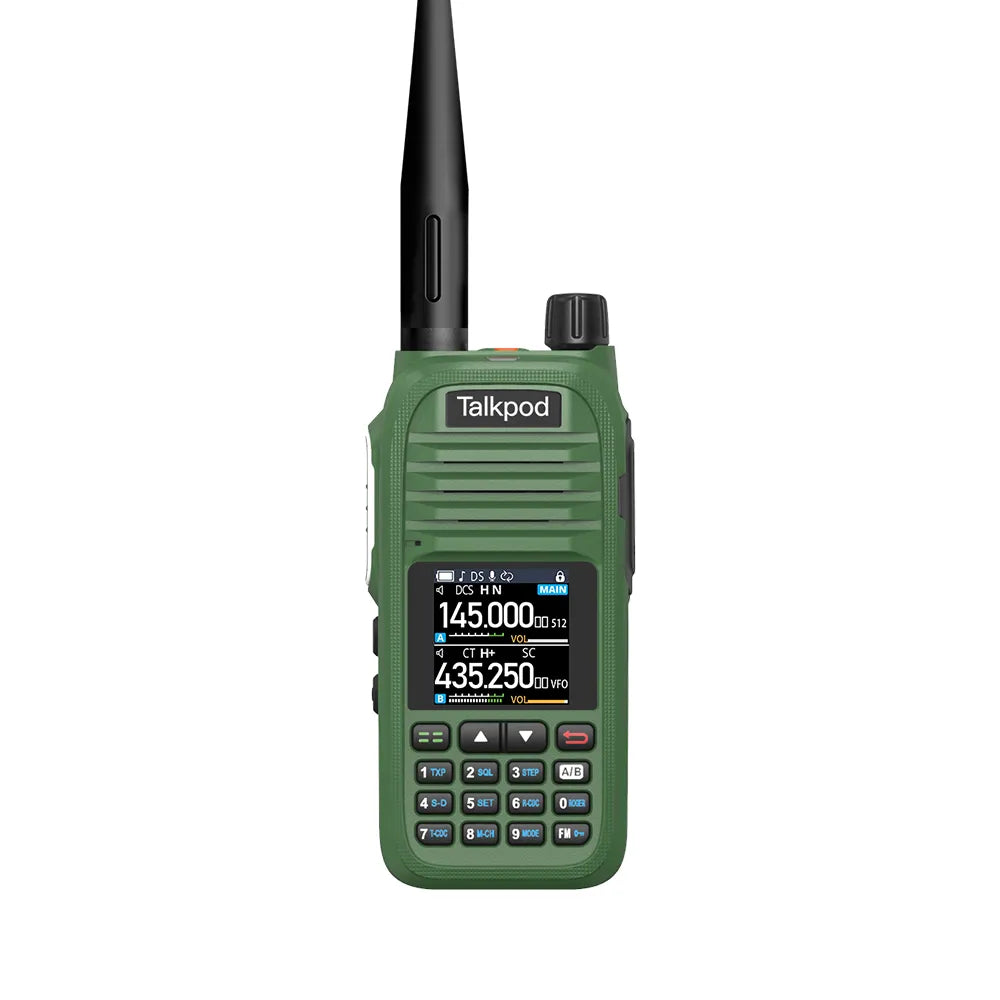
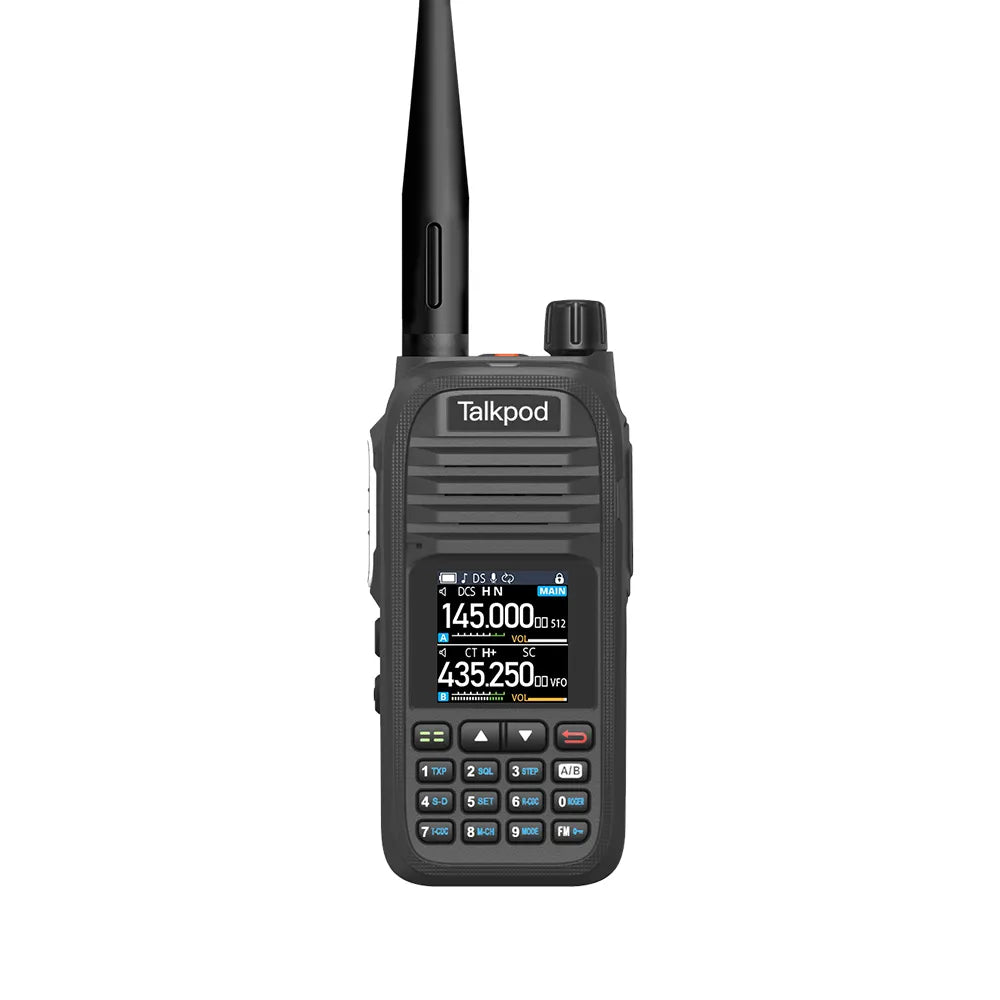
Leave a comment
All comments are moderated before being published.
This site is protected by hCaptcha and the hCaptcha Privacy Policy and Terms of Service apply.